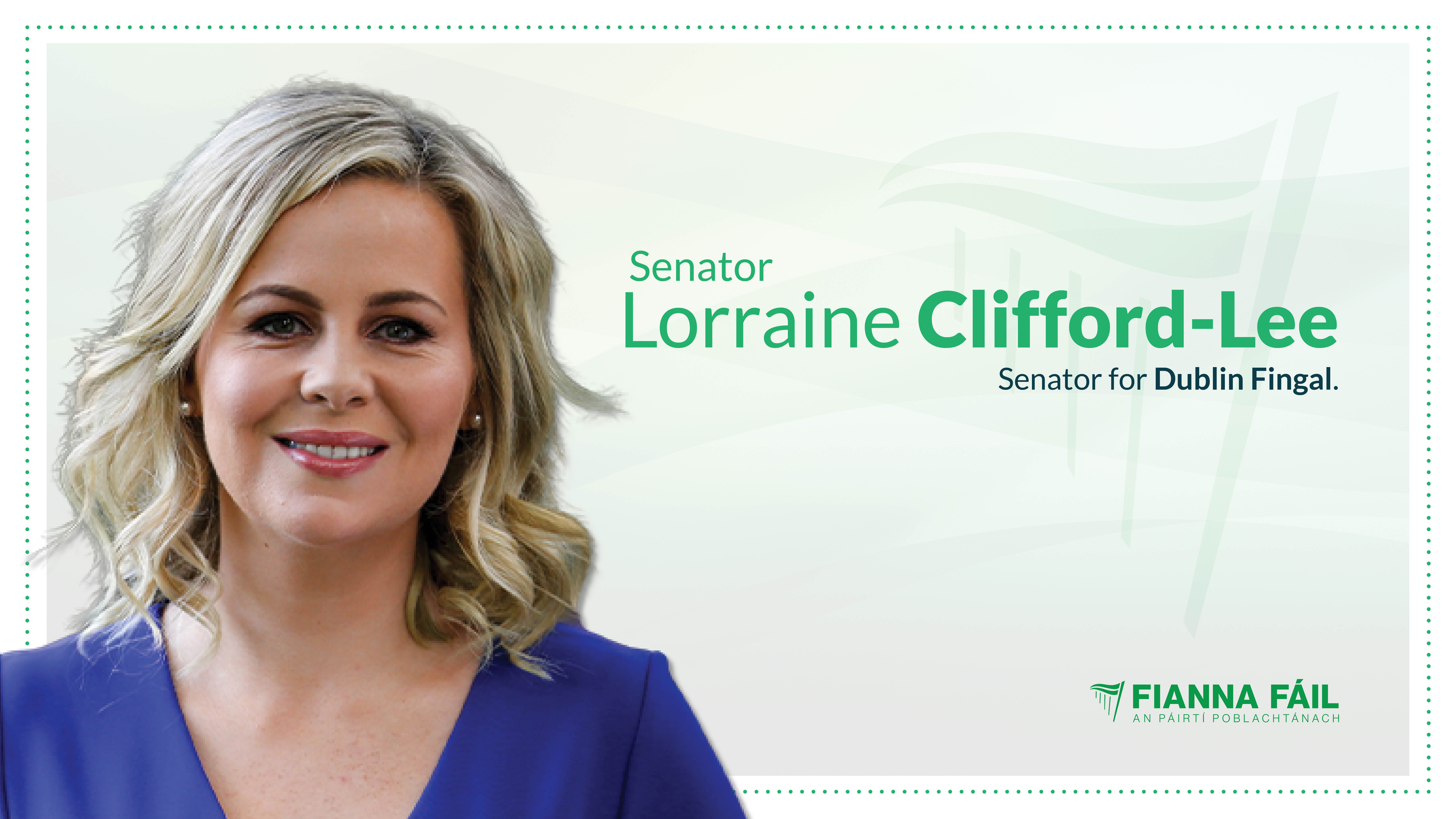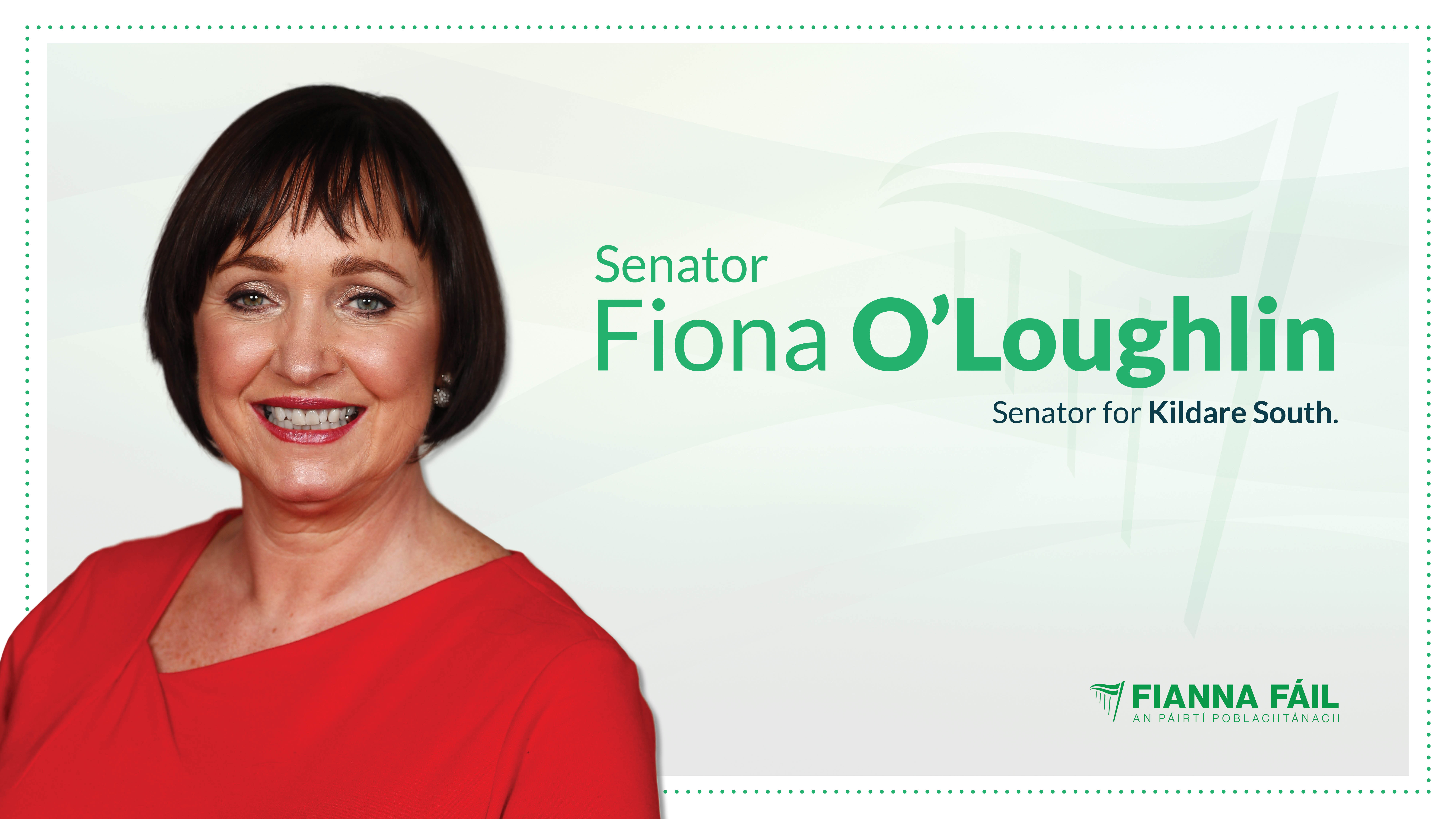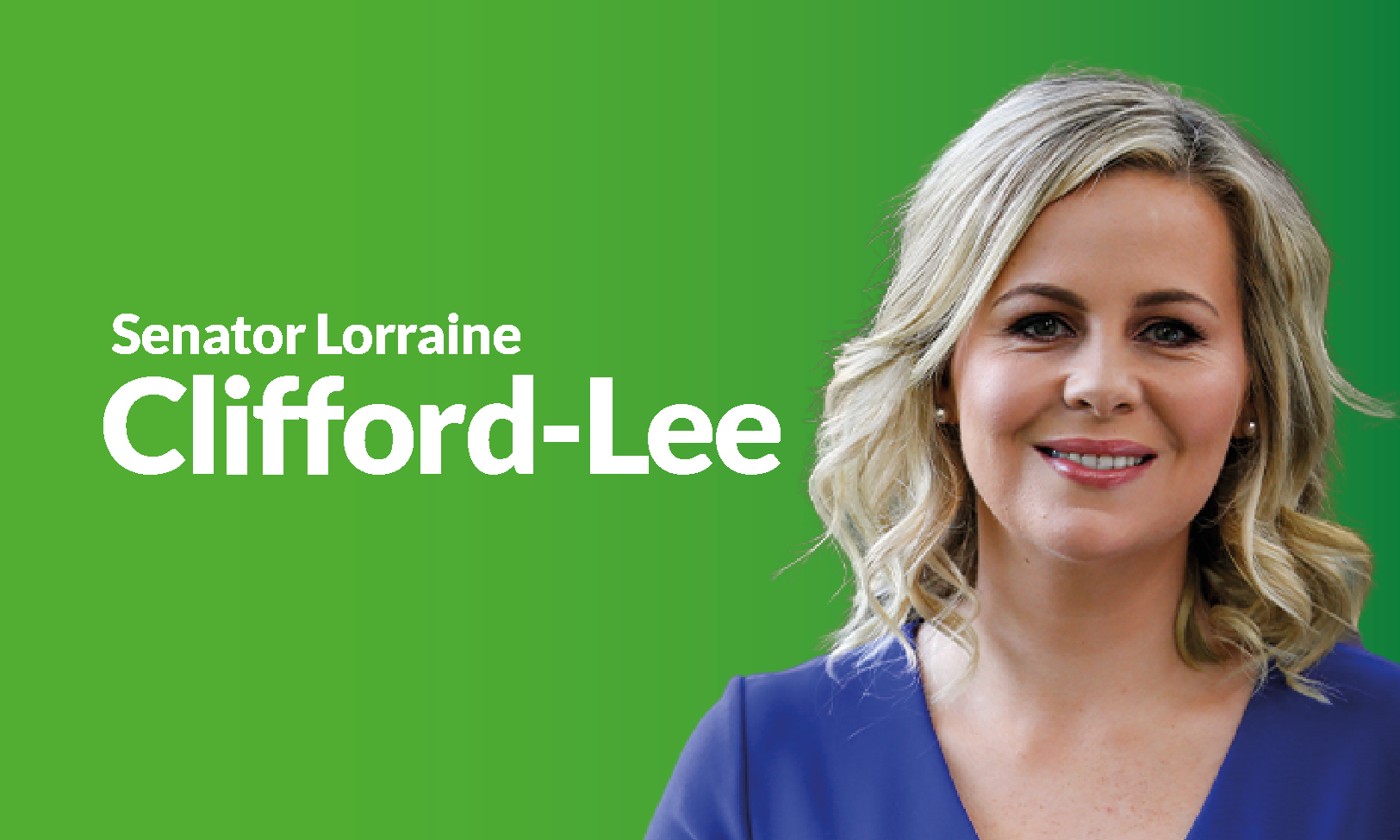'Fun must be the goal to get young women playing' - Cleere
Published on: 23 April 2025
“Sport teaches you character, it teaches you to play by the rules, it teaches you to know what it feels like to win and lose-it teaches you about life” – words of wisdom from the great Billie Jean King.
Ahead of the 2025 Camoige Season, this couldn’t be truer. Sport offers numerous benefits that extend far beyond the track, pool or playing field. Sport promotes health and well-being and fosters strong social connections and life-long friendship. But the benefits are not equally spread.
The National Sports Policy 2018 – 2027 acknowledges that while almost 90% of children in the later years of primary school regularly participate in organised sport, these numbers drop when the children move to secondary school, and that drop-off is more pronounced among girls.
There are a multitude of reasons as to why teenage girls drop out of sport. Lack of confidence, negative body image, inconvenient uniforms, academic pressures (there is a sharp fall in participation during exam years) and little-to-no media coverage of women’s sport have been cited in numerous studies. But there is another issue at play, which is constantly overlooked and which we could start to address right now, it is that as young people move through adolescence, we put more and more pressure on them to compete to win, rather than participate for fun.
If we’re honest, most parents will admit that we greet our children on their return from a match with “did you win”, rather than “did you enjoy it”. There is no doubt that most of us mean well, but we are sucking the joy out of the sport, neglecting the much wider benefits of participation and, inadvertently, turning girls off taking part.
It is wonderful to see the Irish female sport stars excelling in their field. Leona Maguire, Katie Taylor and Kate O’Connor are inspirational. They have put Ireland on the international sporting map and are role models to girls across the country. For young women with ambitious for elite level, they could not find greater encouragement than seeing our world class athletes in action. But we must remember that only 1% of athletes will compete at elite level. Why are we pushing young women to excel in high-performance standards, when the majority want to participate to enjoy themselves?
Let there be no misunderstanding, I whole heartedly support Government funding of high-performance sport, in particular the measures that have been put in place to address parity of access and funding for girls and women. But to keep up participation rates in our communities and to attain true parity of participation right from local to high-performance level, we must reframe our attitudes towards sport and rebalance our priorities.
Here I want to acknowledge the work of former Fianna Fáil Minister for Sport, Thomas Byrne and all involved in the launch of Her Moves; a campaign to encourage teenage girls to be active. Her Moves advocate 8 Principles for Success to check and challenge existing programmes as to their appeal for teen girls. It is a blue print we should all adopt.
The Principles compel us to take pressure off performance and give freedom simply to play/move; reframe achievement as ‘moments of pride’, not winning, and tailor them to the individual’s motivation; and make sport much more than just about health, emphasizing fun, friendship and lasting memories.
The 8 Principles also challenge us to redefine what we consider sport. This is a hugely important point. Whether we mean to or not, we often give girls the impression that some sports are more important than others. From TV coverage, right down to the clubs we enrol our small children in, there is a sense that some sports are valuable, and others are just hobbies. Despite the strength and stamina needed to partake in aerobics, dance, jogging, skateboarding, volleyball and martial arts, we do not afford them the same respect as we do hurling, football, soccer and rugby.
As the father of four daughters, I always encourage participation in the sport you find the most fun. While I am a proud camogie coach, I understand that increasing female participation in sport does not, and cannot, mean mandatory subscription to the local camogie team. Girls should be encouraged to pursue whichever sport they choose, and we should make available the funding and facilities necessary to offer a broad range of sport to every community.
This redefining must also take place in schools. Parents are broadly in favour of compulsory PE right through to Leaving Certificate, but are teenagers? What activities are being offered to them as part of PE? Is there dance? Kickboxing? Swimming? Are girls genuinely enjoying the exercise they are expected to participate, and if not, is that in anyway beneficial to their health and wellbeing? Is PE providing the escape it should from the dreaded Leaving Cert exam stress, or just adding more unwelcome pressure?
The Programme for Government commits to increased sports funding. As a TD for Carlow-Kilkenny, I look forward to working closely with Fianna Fáil Minister for Sport, Charlie McConalogue. I will advocate for funding to be allocated at community level, not just elite, and provided not just to field sports, but also to walking and running clubs, aerobics, gymnastics, dance and swimming groups.
Girls should be participating in sport because they enjoy it, not because they have to. We have made significant strides towards achieving gender equality in sports, but to achieve full parity of participation, all of us, coaches, parents, teachers and community leaders must reframe our attitudes and our offering. The conversation must be about what girls enjoy and what they want to achieve, not what we think their goals should be.
Let’s put the ball back in their court.


